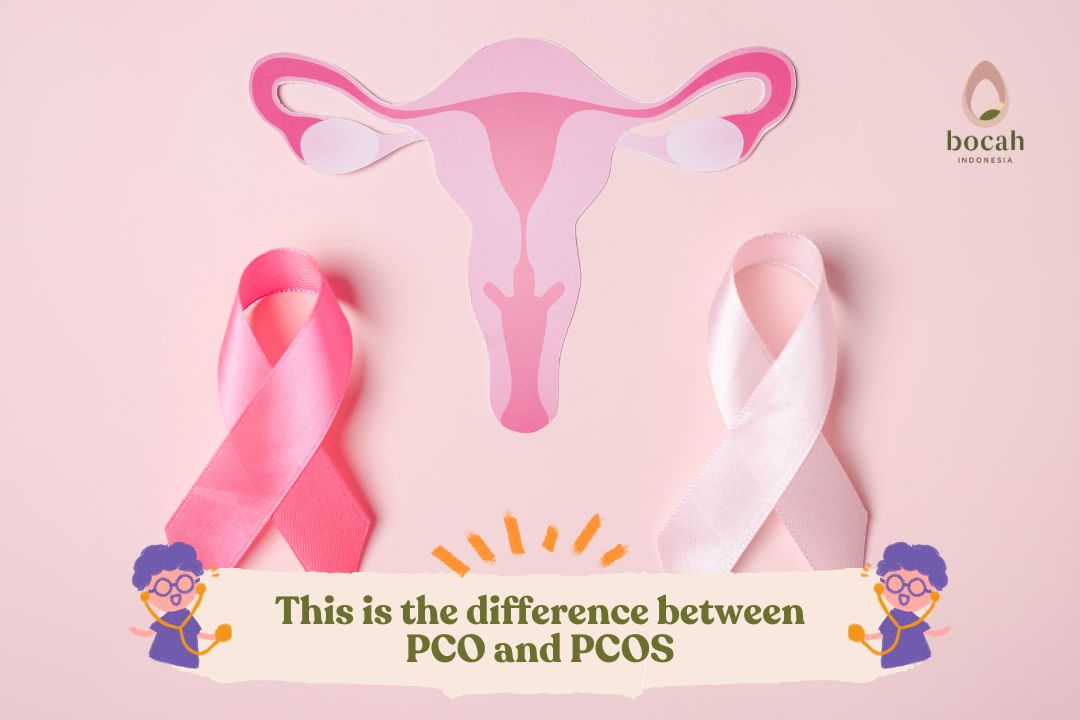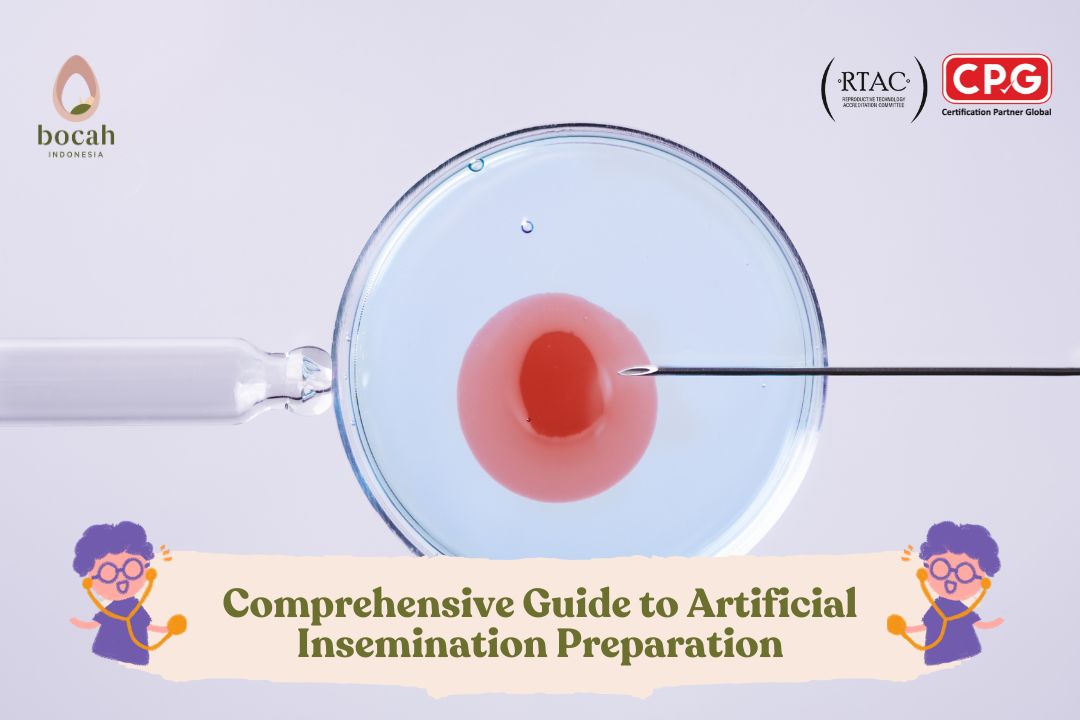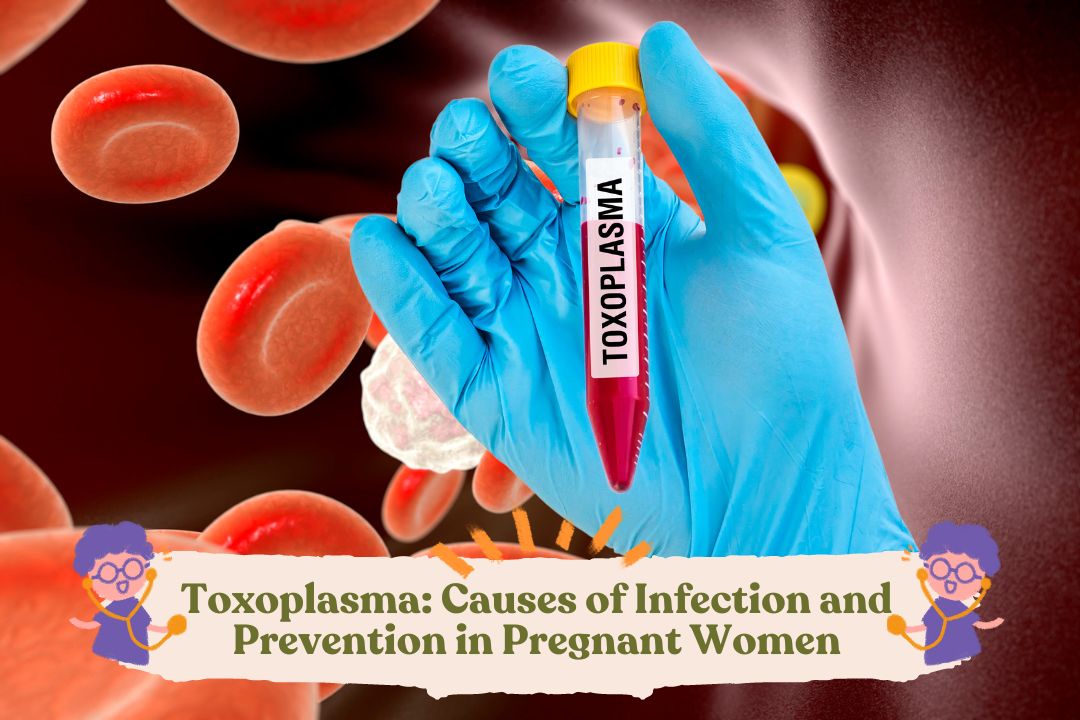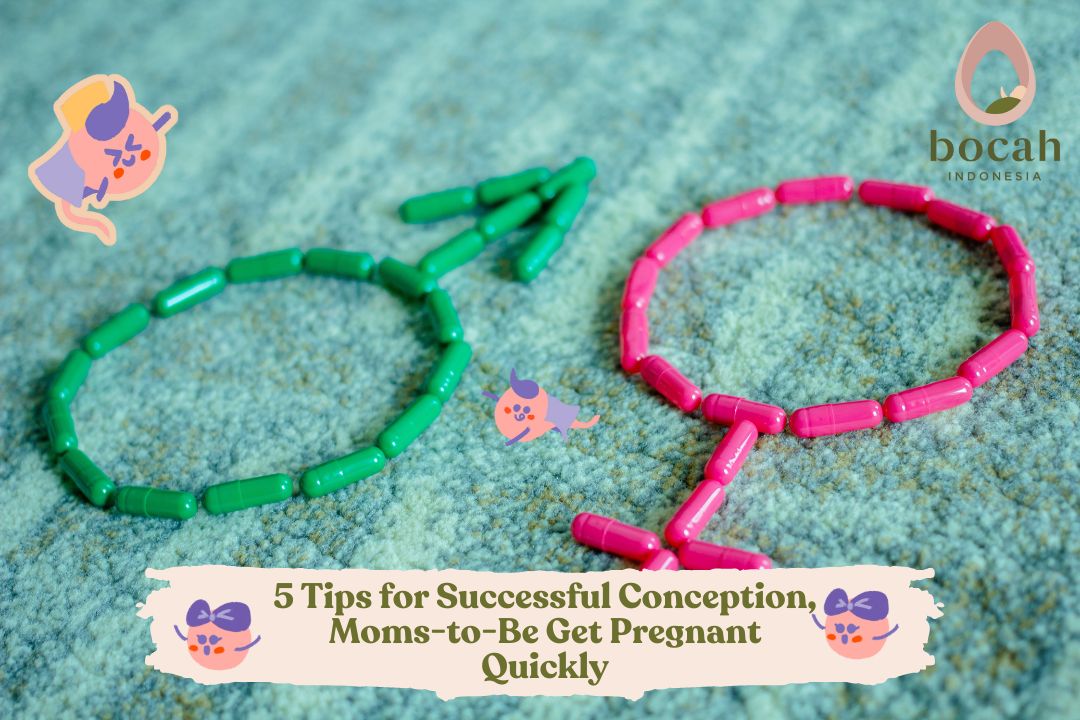Ready to Be Pregnant? Let’s Find Out Preconception Preparation
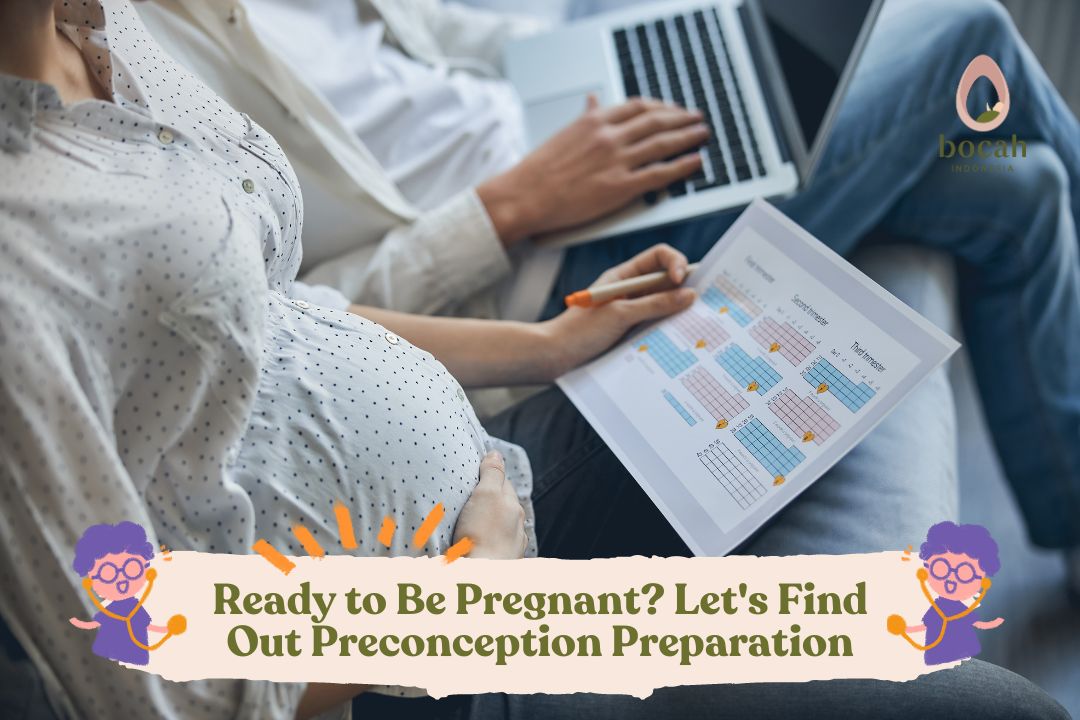
Thorough initial preparation can promote a healthy and safe pregnancy program for Moms. Here are some tips for preconception preparation.
Pregnancy planning is one of the strategies for Mom and Dad to conceive. Early preparation for pregnancy programs is necessary for anyone, whether it’s for the first pregnancy or for Moms who want to undergo their second pregnancy.
Although it is possible for Moms to have a pregnancy without a pregnancy program, implementing a directed pregnancy program can increase the chances of having a healthy pregnancy.
When to Start Pregnancy Program?
Doctors generally recommend for Moms and Dads to visit a doctor if a healthy couple under 35 years old has been trying to conceive for a year. While for women over the age of 35, it is recommended to consult with fertility specialists after trying to conceive for 6 months.
Early Pregnancy Program Preparation
To undergo a pregnancy program, there are several things Moms need to prepare. Here are the early pregnancy program preparations that can serve as guidance.
Tanya Mincah tentang Promil?
1. Obtain prenatal supplements
Doctors may recommend prenatal supplements containing folic acid, iron, and calcium to support Mom’s health towards pregnancy. Folic acid before pregnancy is very important because it helps prevent birth defects in developing babies.
Ideally, Moms should start consuming folic acid at least one month before pregnancy. When pregnant, the body’s need for folic acid increases, especially in the early stages of pregnancy. Adequate amounts of folic acid in the early stages of pregnancy can help prevent birth defects such as anencephaly and spina bifida.
The CDC (Centers for Disease Control and Prevention) recommends that pregnant women get at least 400 micrograms (mcg) of folic acid per day. Moms can get folic acid from foods containing folic acid, folic acid supplements, or a combination of both.
2. Adopt a healthy lifestyle
To achieve a successful pregnancy program, make sure Mom and Dad maintain a healthy lifestyle. Smoking, drinking alcohol, and using certain medications can cause many problems during pregnancy, such as premature birth, birth defects, and infant death.
Avoid these things and try to live a much healthier life, make sure to exercise regularly, consume vegetables and fruits. Get enough sleep or rest.
3. Maintain a Healthy Weight
Being overweight or obese puts individuals at a higher risk for many serious conditions, including complications during pregnancy, heart disease, type 2 diabetes, and certain types of cancer. Similarly, being underweight also poses risks for serious health problems.
The key to achieving and maintaining a healthy weight isn’t about short-term diet changes. It’s about a lifestyle that includes healthy eating patterns and regular physical activity. If you’re underweight, overweight, or obese, talk to your doctor about ways to achieve and maintain a healthy weight before pregnancy.
4. Take Care of Your Mental Health
Not being able to conceive may impact the mental health of both partners. However, it’s important to know that having good mental health is crucial to support the ongoing fertility program.
Make sure both partners take care of each other and communicate at every stage of the fertility program. Ensure that you both always feel supported by one another because achieving success in the fertility program requires teamwork between partners.
Consulting with a psychologist is also allowed to gain insights into maintaining good mental health during the fertility program.
5. Fertility Assessment
One of the preparations before undergoing a fertility program is assessing fertility conditions. This is important, especially for couples facing infertility issues.
Through fertility assessments, couples can determine their individual fertility conditions. Indeed, fertility assessments can assist couples in determining the fertility program they will undergo.
The initial fertility assessment for women involves transvaginal ultrasound while men undergo sperm analysis.
In this assessment, couples can also consult about medical conditions, lifestyle, and medications with their respective specialist doctors. Women consult with an obstetrics and gynecology specialist while men consult with an andrology specialist.
Planning for pregnancy is a significant step in a couple’s life. By preparing well before pregnancy, couples can increase the chances of having a healthy pregnancy and a healthy baby as well.
Consult with a doctor, follow preconception care steps, and make healthy lifestyle changes to ensure that you’re physically, mentally, and emotionally ready to start the pregnancy journey well.
So, are you and your partner ready to undergo the fertility program? Let’s start finding out about infertility clinics or fertility doctors who can help you realize the dream of having a baby.
This article has been medically reviewed by Dr. Chitra Fatimah.
Source:
- Centers for Disease Control and Prevention (2020). Planning for Pregnancy.
- Mayo Clinic (2019). Getting Pregnant.
- American College of Obstetricians and Gynecologists (2019). Treating Infertility.
- Stöppler, M.C., MedicineNet (2019). Pregnancy Planning Tips, Foods and Infections to Avoid, and How to Prepare for the Baby.
- WebMD (2020). Getting Started on Getting Pregnant.
- WebMD (2020). Your Pre Pregnancy Checklist.
- 4 Herbal Medicine to Improve Male Fertility - 01/07/2025
- 7 Signs of PCOS Every Woman Should Know - 30/06/2025
- Ultimate Guide: Boosting Egg Quality for a Healthy Pregnancy Journey - 23/06/2025




